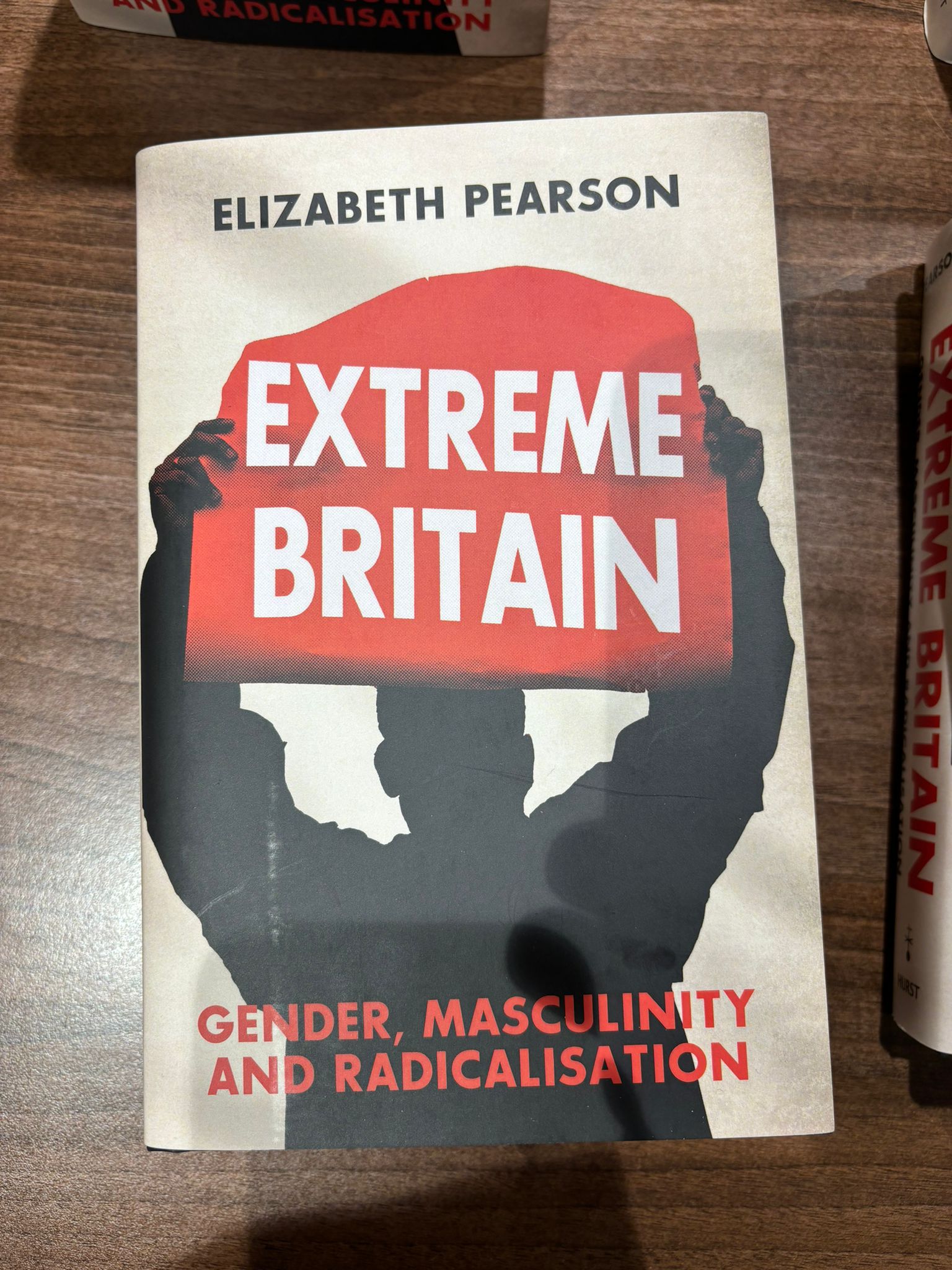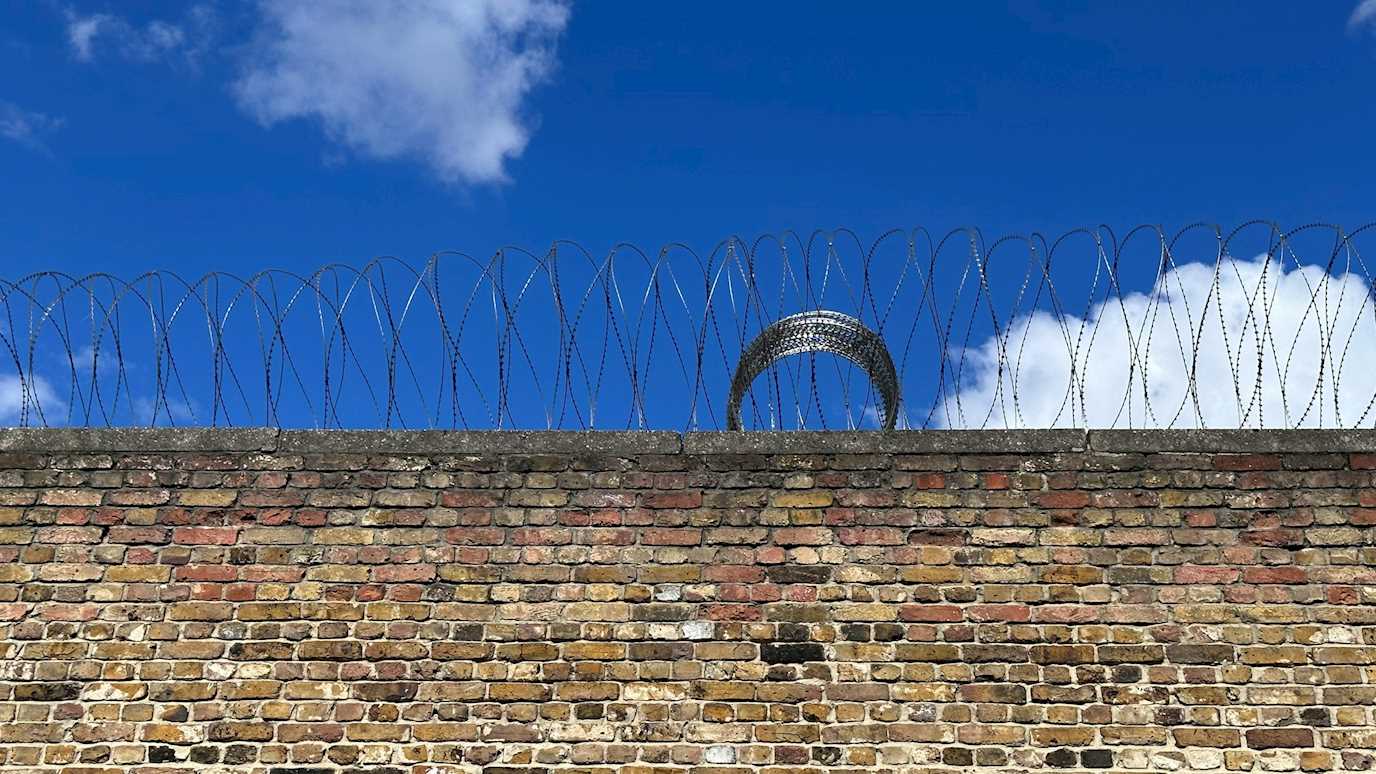Criminology lecturer Dr. Elizabeth Pearson gave a May Bank Holiday talk on the ethics of talking to extremists, at London’s Conway Hall. The talk, one of Conway Hall’s Ethical Matters series, explored research ethics, as well as gender and how misogyny and masculinities are evident in British far right and Islamist groups. The talk centred on Elizabeth’s new book, Extreme Britain: Gender, Masculinity and Radicalisation.

In this hybrid Ethical Matters talk at London’s Conway Hall - once the scene of clashes between Islamists and police - Elizabeth Pearson discussed her research among two of Britain’s key extremist movements: the banned Islamist group al-Muhajiroun, and those networked to it; and the anti-Islam radical right, including the English Defence League and Britain First.
Elizabeth considered whether it is appropriate for researchers to talk to the far right and Islamist extremists, and to reproduce what they say in academic work. She considered how much power academics have when interviewing extremists, and the risks to the researcher – as well as the participant – of engaging in primary work on radicalisation.
Elizabeth also discussed the role of gender in extremism. Misogyny and ‘toxic masculinity’ are increasingly implicated in radicalisation. From the men’s incel (‘involuntary celibate’) movement online, to jihadist groups like Islamic State, to radical right ‘Free Speech’ protests —radicalisation spans ideologies. Though an often-used term, the process of radicalisation is not well understood, and the role of gender and masculinities has often been ignored. Elizabeth noted there is no one ‘toxic masculinity’ in the groups she researched, and that misogyny in the groups is not separate from wider social misogyny.
Elizabeth concluded that radicalisation is a masculinity project, with men’s status-seeking at the centre of radical activism.
The book Extreme Britain: Gender, Masculinity and Radicalisation is published by Hurst in the UK, and OUP in the US.
























